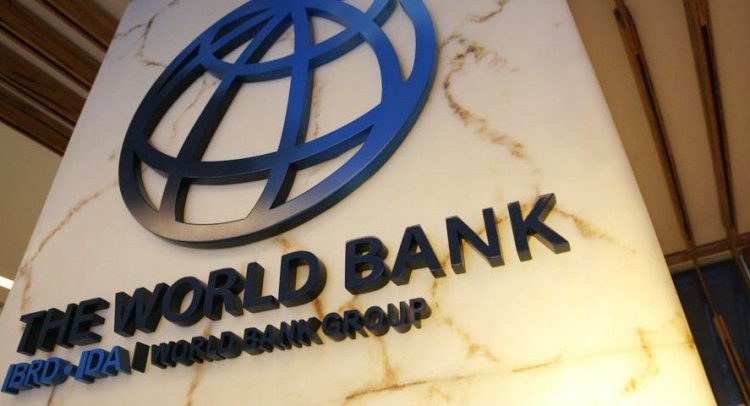
…create 60,000 jobs by 2030
By Kingsley Webora TANKEH
The Minister for Environment, Science and Technology, Dr. Ibrahim Murtala Mohammed, has revealed that circular practices when incorporated in Ghana could spur GDP growth by 1.9 percent by 2030 and create over 60,000 jobs.
The minister indicated that these jobs will emerge in recycling, innovation and manufacturing.
Delivering the keynote address at the Environmental Sustainability Summit 2025, the minister stated that plastic waste costs the economy a whopping US$6billion annually – which represents about 11 percent of Ghana’s GDP.
According to him, when Ghana is able to implement policies that gradually phase out plastic, this hard currency can be saved and channelled into various sectors of the economy.
He revealed that Ghana – through a possible ban on plastics, a secular economy, domestic recycling and reuse of plastics – could save €200 – €300million in imports, further easing pressure off the cedi.
The summit, organised by Business and Financial Times in Accra, gathered policymakers, industry leaders, environmental experts and other relevant stakeholders to discuss viable ways of ending plastic waste pollution.
Dr. Mohammed revealed that Ghana generates staggering volumes of plastic waste, amounting to 1.1 million tonnes every year.
Estimates show that over 50 percent of this waste remains uncollected and as low as 9 percent is recycled.
This waste ends up on the streets, clogging drains causing floods, contaminating fisheries and causing health issues.
“The consequences are dire and quantified,” the minister stated. “Beyond the environmental devastation – clogged drains, plastic-laden fish and public health risks – this linear ‘take-make-use-discard’ model is haemorrhaging our economy. We cannot afford the status quo.”
The minister noted that plastics could be pivotal in Ghana’s economic strategy, stressing that the incorporation of circular practices in Ghana is an economic imperative.
Inspired by successes in Rwanda and Kenya, the minister revealed that Ghana is actively exploring multi-pronged policy interventions to curb the situation.
These include a possible ban and taxes on single-use plastics to deincentivise their use and mandating plastic producers to fund waste collection and recycling.
“Those multi-million dollar companies must make a contribution,” the minister asserted, highlighting the need of ensuring producer responsibility for environmental stewardship.
He revealed that government is considering the promulgation of a comprehensive legal framework for plastics and climate change.
Furthering government’s commitment to the cause, an Environment Science & Tech Forum – an annual event – will be inaugurated in August 2025.
The forum will be chaired by the president and aims to bridge the gap between research – which he said is “gathering dust on shelves” – and policy and promote private sector innovation; citing past successes like instant neet fufu and Pozzolana cement which were products of CSIR, a government research institute.
The minister concluded with a powerful call for a societal and behavioural shift, quoting the renowned scientist Albert Einstein:
“The significant problems that confront us can never be solved with the thinking we had when we created them,” he said.
He challenged all sectors – industry, academia, CSOs, citizens and international partners – to collaborate, innovate and take action to solve the plastic waste issue.
“Simple acts multiplied millions of times will make a world of difference. Let us resolve that years from now we will look back on 2025 as the turning point,” he further urged.
The post ESS2025: Incorporating circular practices could spur GDP growth by 1.9% appeared first on The Business & Financial Times.
Read Full Story












Facebook
Twitter
Pinterest
Instagram
Google+
YouTube
LinkedIn
RSS